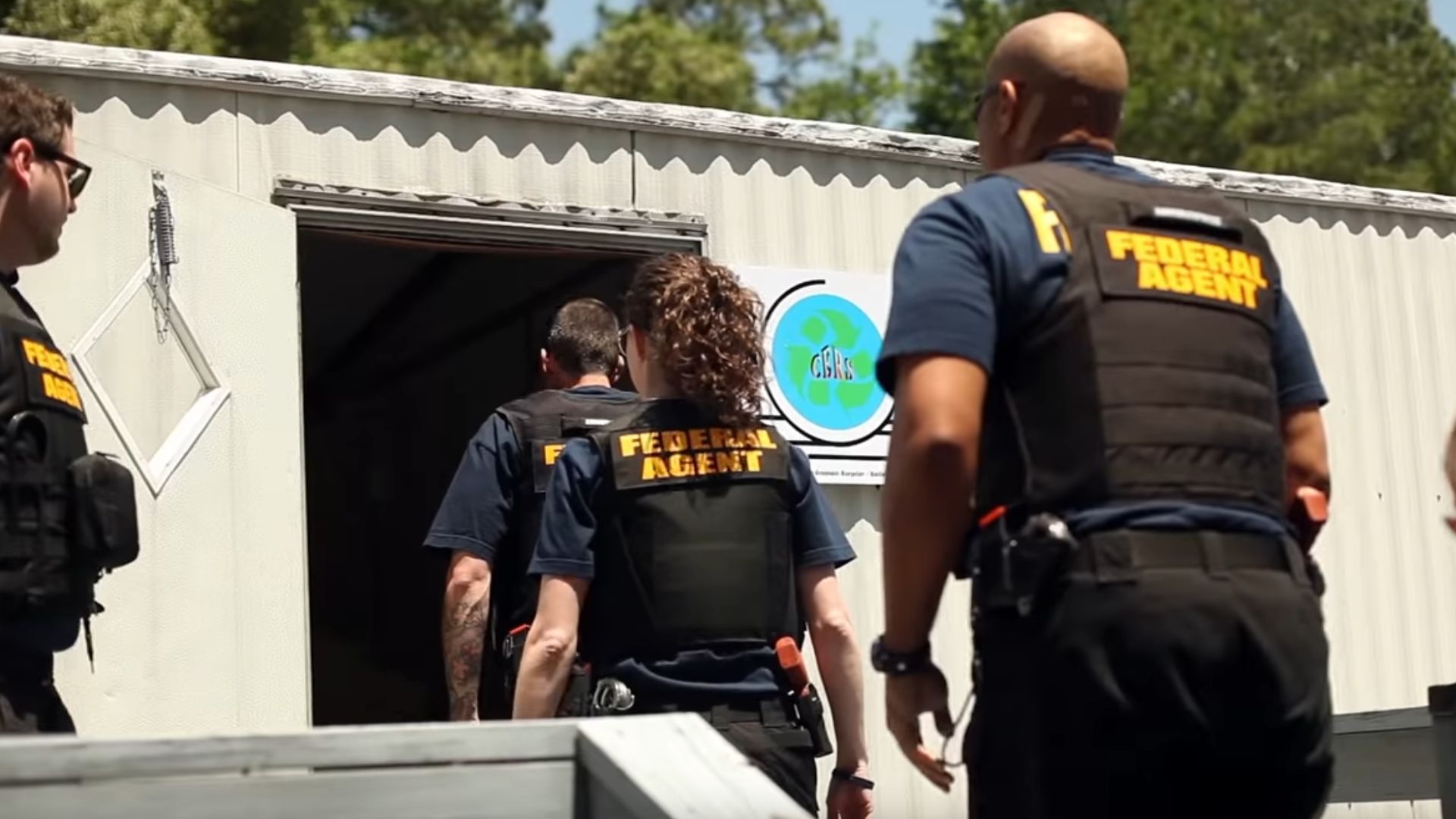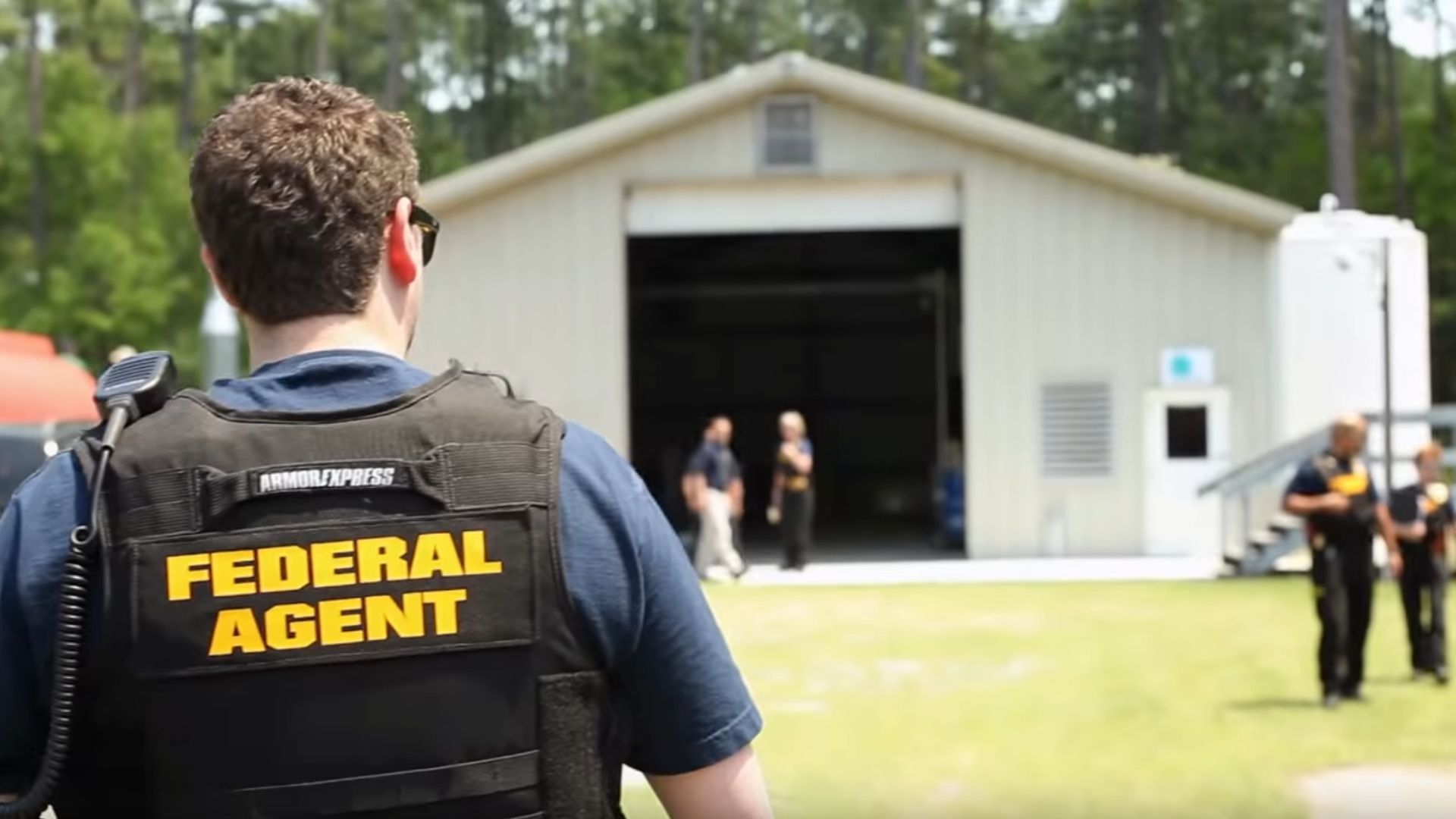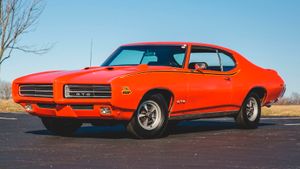What it means for the auto industry moving forward…
I’ve been watching the West Virginia v. EPA case in front of the United States Supreme Court closely since it not only impacts EPA enforcement practices but how other Federal Executive agencies broadly interpret and enforce laws written by Congress. The 6-3 decision handed down on the morning of June 30 will have a noticeable effect on many areas of life, including the auto industry, which I feel will be overwhelmingly positive.
Check out the Motorious Podcast on YouTube, Spotify, Apple Podcasts, and other podcast platforms.

Many news outlets are spinning this decision as a defeat for pollution control. What it really does is stop the EPA from unilaterally making rules about emissions limits, specifically for power plants. More broadly, it zeroes in on what’s called “administrative law” or Executive Branch enforcement agencies writing regulations which essentially change the laws written and passed by Congress. I and many others have had a serious problem with this practice for a long time. These unelected officials have been violating the separation of powers with impunity. Now that stops.
In the majority opinion penned by Chief Justice John Roberts, he points out this abuse of power. “But it is not plausible that Congress gave EPA the authority to adopt on its own such a regulatory scheme. … A decision of such magnitude and consequence rests with Congress itself, or an agency acting pursuant to a clear delegation from that representative body.”

Justice Gorsuch wrote a concurrent opinion with Alito and it digs into the administrative law issue further. Actually, he sent a torpedo right through the hull of the administrative state:
“Such cases have arisen from all corners of the administrative state. In Brown & Williamson, for instance, the Food and Drug Administration claimed that its authority over ‘drugs’ and ‘devices’ included the power to regulate, and even ban, tobacco products. Id., at 126–127. We rejected that ‘expansive construction of the statute,’ concluding that ‘Congress could not have intended to delegate’ such a sweeping and consequential authority ‘in so cryptic a fashion.’ Id., at 160. In Alabama Assn. of Realtors v. Department of Health and Human Servs., 594 U. S. ___, ___ (2021) (per curiam) (slip op., at 3), we concluded that the Centers for Disease Control and Prevention could not, under its authority to adopt measures ‘necessary to prevent the . . . spread of‘ disease, institute a nationwide eviction moratorium in response to the COVID–19 pandemic. We found the statute’s language a ‘wafer-thin reed’ on which to rest such a measure, given ‘the sheer scope of the CDC’s claimed authority,’ its ‘unprecedented’ nature, and the fact that Congress had failed to extend the moratorium after previously having done so. Id., at ___–___ (slip op., at 6–8).”
In other words, every Executive agency is now on notice, not just the EPA when it comes strictly to how they enforce the law.

This should mean the EPA no longer can just change what it considers an “emissions defeat device” at whim so what was legal last year now earns your auto shop or parts store a surprise visit by EPA agents with guns drawn. That’s not hyperbole, it’s really happened and innocent people have faced aggressive prosecution. Instead, Congress, a body elected by the citizenry, would once again be tasked with spelling out what's legal and illegal. Members of Congress can then be held directly accountable if voters don’t agree with their assessment. That is cause for celebration.
Tristan Justice from The Federalist points out this latest decision doesn’t reference Chevron U.S.A. v. Natural Resources Defense Council, Inc. a case from 1984 which created the notorious “Chevron deference.” Essentially, it means if Congress’ intent in the test of a law is ambiguous, the courts can defer to a Federal Executive agency’s interpretation of that law for prosecution. However, Justice Gorsuch’s opinion seems to address that: “Where the statute at issue is one that confers authority upon an administrative agency, that inquiry must be ‘shaped, at least in some measure, by the nature of the question presented’—whether Congress in fact meant to confer the power the agency has asserted.”
Justice Gorsuch goes on to state, “Agencies have only those powers given to them by Congress, and ‘enabling legislation’ is generally not an ‘open book to which the agency [may] add pages and change the plot line.’ E. Gellhorn & P. Verkuil, Controlling Chevron Based Delegations, 20 Cardozo L. Rev. 989, 1011 (1999). We presume that ‘Congress intends to make major policy decisions itself, not leave those decisions to agencies.’ United States Telecom Assn. v. FCC, 855 F. 3d 381, 419 (CADC 2017).”
Yes, these Federal Executive agencies absolutely will try to squirm out of the consequences awaiting them because for decades they’ve enjoyed the luxury of both writing and enforcing the law of the land. Such a practice was never framed in the Constitution, which in fact has provisions to prevent such a mixture of powers. Thankfully, the Supreme Court has taken a step forward to correct this long-standing problem.
Images courtesy of the US EPA






